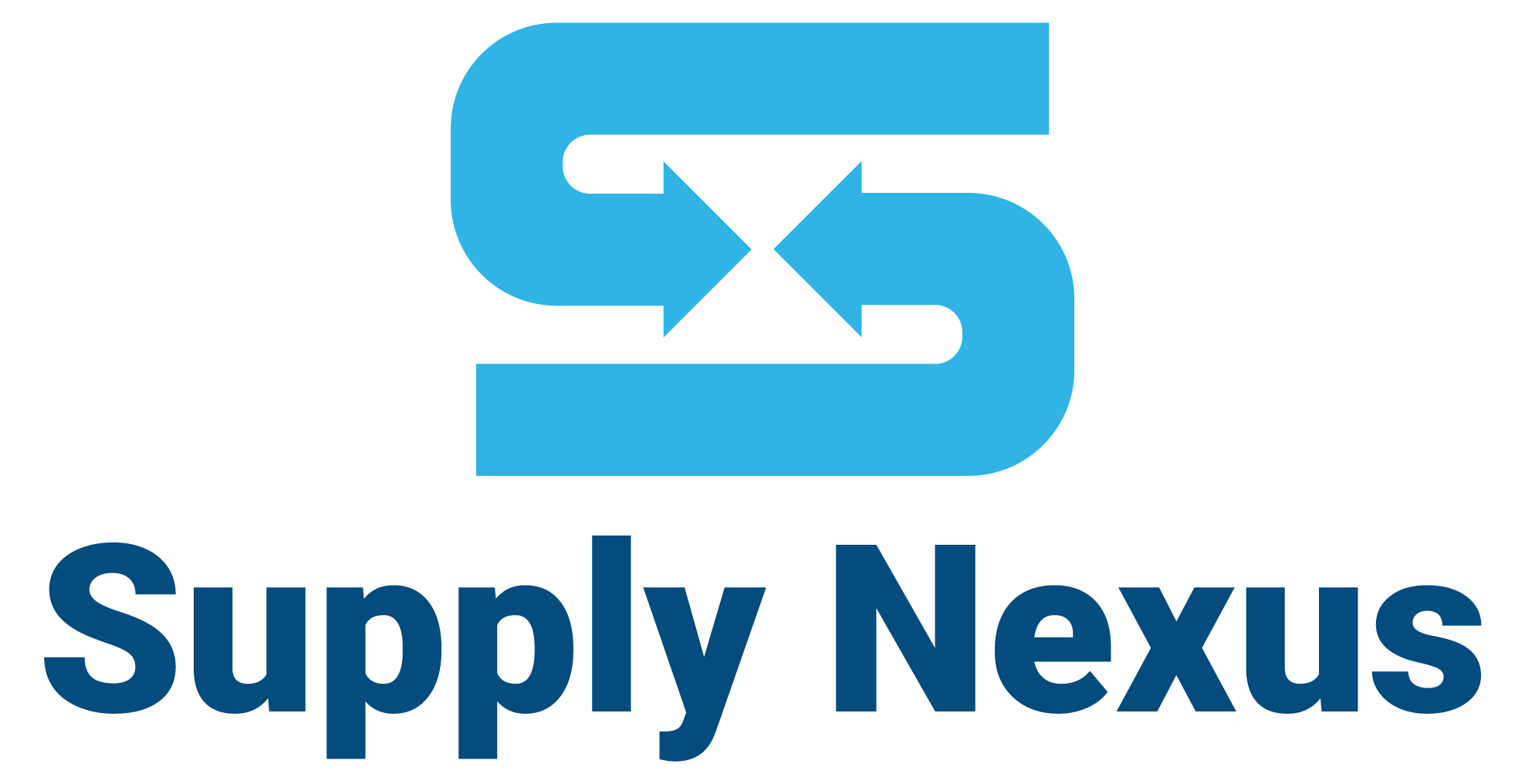Fashion & Other Retail
To the traditional challenges the sector faces, we can add the seismic shift of buying behavior from in store to online, a tendency already in motion but accelerated by the COVID-19 crisis, ever more demanding expectations in delivery times, a shift in the role of the physical store, initiatives in sustainability, or the emergence of new players in an ever more competitive space.
Improvements in Productivity
End to End Visiblity in the Supply Chain
Omni-Channel Transformation
Align the organization and its processes to eliminate channel delineated silos and unify assets, planning and execution across online and offline channels. Integrate online and real time "Enterprise Inventory" in eCommerce order capture to provide accurate and reliable commitments to stock availability. Dynamically allocate orders to the optimal preparation facility (physical store or fulfilment center) at order capture based on delivery time and fulfilment / transportation capacities and costs. Maximize visibility, control, efficiency, and reliability in eCommerce fulfilment and transportation operations to ensure profitability and client satisfaction.
Workforce Planning
Workforce planning is complex. Sometimes there are not enough resources, and sometimes there are too many. An optimal workforce plan implies cost savings, increased productivity, and increased sales. Your planner can achieve a better match between staff deployment and demand, both in stores and in the distribution center, through systems that forecast demand applying advanced algorithms, AI, ML and apply advanced optimization algorithms to create an optimal staffing plan that respodns to the predicted demand.


